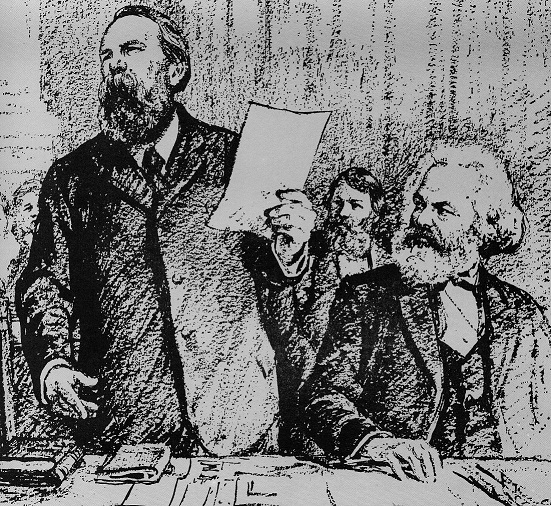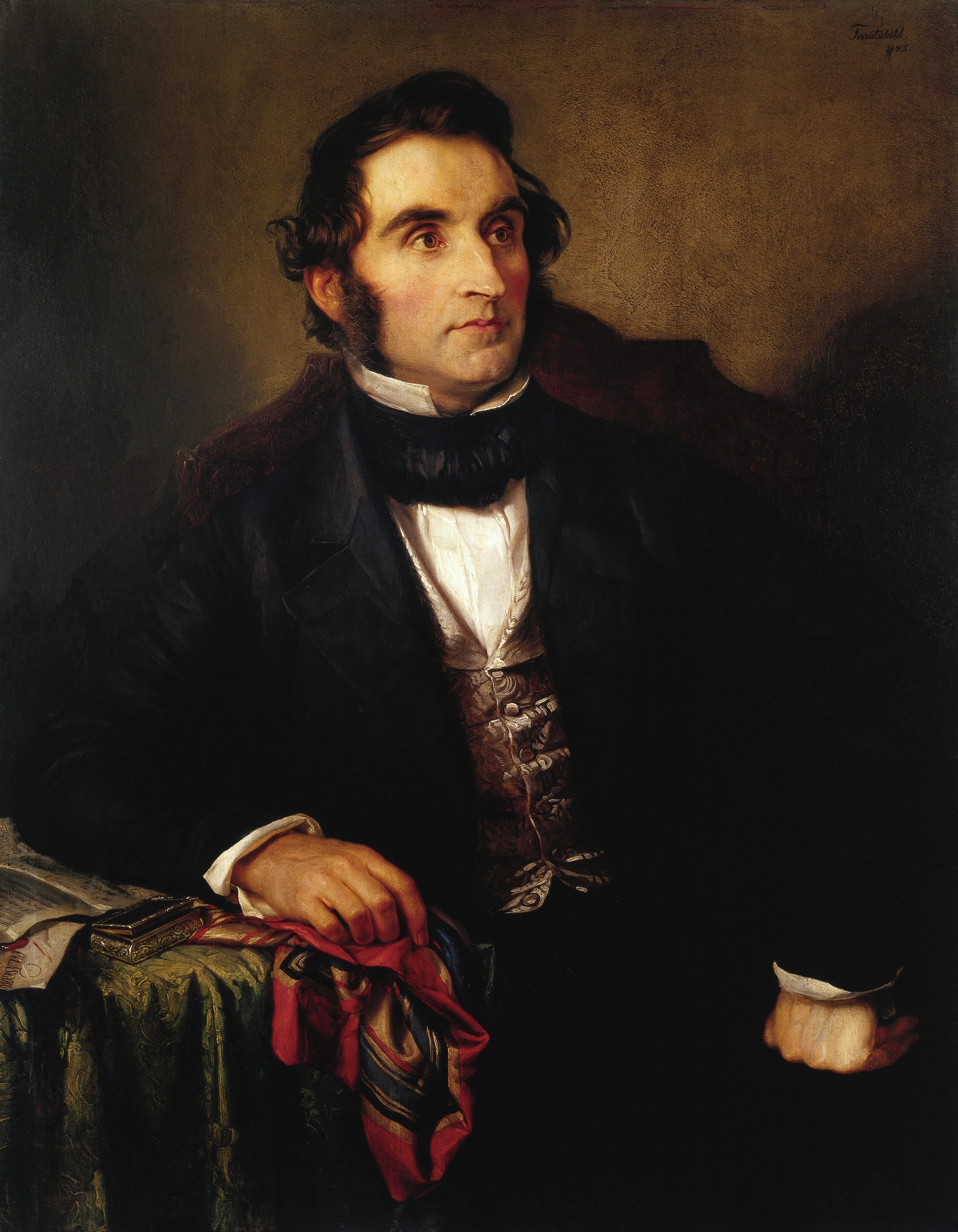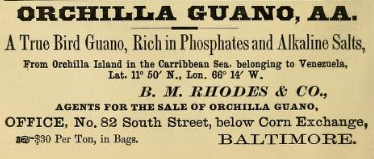|
Metabolic Rift
Metabolic rift is a theory of ecological crisis tendencies under the capitalist mode of production that sociologist John Bellamy Foster ascribes to Karl Marx. Quoting Marx, Foster defines this as the "irreparable rift in the interdependent process of social metabolism". Foster argues that Marx theorized a rupture in the metabolic interaction between humanity and the rest of nature emanating from capitalist agricultural production and the growing division between town and country. Foster, rather than Marx, coined the term “metabolic rift”. Foster argues the theory develops from Marx's earlier work in the ''Economic and Philosophical Manuscripts'' on species-being and the relationship between humans and nature. Metabolism is Marx's "mature analysis of the alienation of nature" and presents "a more solid—and scientific—way in which to depict the complex, dynamic interchange between human beings and nature, resulting from human labor." As opposed to those who have attribut ... [...More Info...] [...Related Items...] OR: [Wikipedia] [Google] [Baidu] |
Ecological Crisis
An ecological or environmental crisis occurs when changes to the environment of a species or population destabilizes its continued survival. Some of the important causes include: * Degradation of an abiotic ecological factor (for example, increase of temperature, less significant rainfalls) * Increased pressures from predation * Rise in the number of individuals (i.e. overpopulation) The evolutionary theory of punctuated equilibrium sees infrequent ecological crises as a potential driver of rapid evolution. Because of the impact of humans on the natural environment in the recent geological period, the term ecological crisis is often applied to environmental issues caused by human civilizations such as: the climate crisis, biodiversity loss and plastic pollution which have emerged as major global challenges during the first few decades of the 21st century. Examples Crises caused by abiotic factors Climate change is starting to have major impacts on ecosystems. With gl ... [...More Info...] [...Related Items...] OR: [Wikipedia] [Google] [Baidu] |
Soil Fertility
Soil fertility refers to the ability of soil to sustain agricultural plant growth, i.e. to provide plant habitat and result in sustained and consistent yields of high quality.Bodenfruchtbarkeit Retrieved on 2015-11-09. It also refers to the soil's ability to supply plant/crop nutrients in the right quantities and qualities over a sustained period of time. A fertile soil has the following properties: * The ability to supply essential plant nutrients and water in adequate amounts and proportions for plant growth and reproduction; and * The absence of toxic substances which may inhibit plant growth e. ... [...More Info...] [...Related Items...] OR: [Wikipedia] [Google] [Baidu] |
Agency (sociology)
In social science, agency is the capacity of individuals to have the power and resources to fulfill their potential. Social structure consists of those factors of influence (such as social class, religion, gender, ethnicity, ability, customs, etc.) that determine or limit agents and their decisions. The influences from structure and agency are debated—it is unclear to what extent a person's actions are constrained by social systems. One's agency is one's independent capability or ability to act on one's will. This ability is affected by the cognitive belief structure which one has formed through one's experiences, and the perceptions held by the society and the individual, of the structures and circumstances of the environment one is in and the position one is born into. Disagreement on the extent of one's agency often causes conflict between parties, e.g. parents and children. History The overall concept of agency has existed since the Enlightenment where there was debat ... [...More Info...] [...Related Items...] OR: [Wikipedia] [Google] [Baidu] |
Historical Materialism
Historical materialism is Karl Marx's theory of history. Marx located historical change in the rise of Class society, class societies and the way humans labor together to make their livelihoods. Karl Marx stated that Productive forces, technological development plays an important role in influencing social transformation and therefore the mode of production over time. This change in the mode of production encourages changes to a society's economic system. Marx's lifetime collaborator, Friedrich Engels, coined the term "historical materialism" and described it as "that view of the course of history which seeks the ultimate cause and the great moving power of all important historic events in the economic development of society, in the changes in the modes of production and exchange, in the consequent division of society into distinct classes, and in the struggles of these classes against one another." Although Marx never brought together a formal or comprehensive description of ... [...More Info...] [...Related Items...] OR: [Wikipedia] [Google] [Baidu] |
Materialist
Materialism is a form of philosophical monism according to which matter is the fundamental substance in nature, and all things, including mental states and consciousness, are results of material interactions. According to philosophical materialism, mind and consciousness are caused by physical processes, such as the neurochemistry of the human brain and nervous system, without which they cannot exist. Materialism directly contrasts with monistic idealism, according to which consciousness is the fundamental substance of nature. Materialism is closely related to physicalism—the view that all that exists is ultimately physical. Philosophical physicalism has evolved from materialism with the theories of the physical sciences to incorporate forms of physicality in addition to ordinary matter (e.g. spacetime, physical energies and forces, and exotic matter). Thus, some prefer the term ''physicalism'' to ''materialism'', while others use them as synonyms. Discoveries of neural co ... [...More Info...] [...Related Items...] OR: [Wikipedia] [Google] [Baidu] |
Das Kapital
''Capital: A Critique of Political Economy'' (), also known as ''Capital'' or (), is the most significant work by Karl Marx and the cornerstone of Marxian economics, published in three volumes in 1867, 1885, and 1894. The culmination of his life's work, the text contains Marx's analysis of capitalism, to which he sought to apply his theory of historical materialism in a critique of political economy, critique of classical political economy. 's second and third volumes were completed from manuscripts after Marx's death in 1883 and published by Friedrich Engels. Marx's study of political economy began in the 1840s, influenced by the works of the classical political economists Adam Smith and David Ricardo. His earlier works, including ''Economic and Philosophic Manuscripts of 1844'' and ''The German Ideology'' (1846, with Engels), laid the groundwork for his theory of historical materialism, which posits that the Base and superstructure, economic structures of a society (in par ... [...More Info...] [...Related Items...] OR: [Wikipedia] [Google] [Baidu] |
Metabolism
Metabolism (, from ''metabolē'', "change") is the set of life-sustaining chemical reactions in organisms. The three main functions of metabolism are: the conversion of the energy in food to energy available to run cellular processes; the conversion of food to building blocks of proteins, lipids, nucleic acids, and some carbohydrates; and the elimination of metabolic wastes. These enzyme-catalyzed reactions allow organisms to grow and reproduce, maintain their Structures#Biological, structures, and respond to their environments. The word ''metabolism'' can also refer to the sum of all chemical reactions that occur in living organisms, including digestion and the transportation of substances into and between different cells, in which case the above described set of reactions within the cells is called intermediary (or intermediate) metabolism. Metabolic reactions may be categorized as ''catabolic''—the ''breaking down'' of compounds (for example, of glucose to pyruvate by c ... [...More Info...] [...Related Items...] OR: [Wikipedia] [Google] [Baidu] |
Liebig
Justus ''Freiherr'' von Liebig (12 May 1803 – 18 April 1873) was a Germans, German scientist who made major contributions to the theory, practice, and pedagogy of chemistry, as well as to agricultural and biology, biological chemistry; he is considered one of the principal founders of organic chemistry. As a professor at the University of Giessen, he devised the modern laboratory-oriented teaching method, and for such innovations, he is regarded as one of the most outstanding chemistry teachers of all time. He has been described as the "father of the fertilizer industry" for his emphasis on nitrogen and minerals as essential plant nutrients, and his popularization of the law of the minimum, which states that plant growth is limited by the scarcest nutrient resource, rather than the total amount of resources available. He also developed a manufacturing process for Meat extract, beef extracts, and with his consent a company, called Liebig Extract of Meat Company, was founded to e ... [...More Info...] [...Related Items...] OR: [Wikipedia] [Google] [Baidu] |
Economic Rent
In economics, economic rent is any payment to the owner of a factor of production in excess of the costs needed to bring that factor into production. In classical economics, economic rent is any payment made (including imputed value) or benefit received for non-produced inputs such as location (land) and for assets formed by creating official privilege over natural opportunities (e.g., patents). In the moral economy of neoclassical economics, assuming the market is natural, and does not come about by state and social contrivance, economic rent includes income gained by labor or state beneficiaries or other "contrived" exclusivity, such as labor guilds and unofficial corruption. Overview In the moral economy of the economics tradition broadly, economic rent is distinct from producer surplus, or normal profit, both of which are theorized to involve productive human action. Economic rent is also independent of opportunity cost, unlike economic profit, where opportunity c ... [...More Info...] [...Related Items...] OR: [Wikipedia] [Google] [Baidu] |
Thomas Malthus
Thomas Robert Malthus (; 13/14 February 1766 – 29 December 1834) was an English economist, cleric, and scholar influential in the fields of political economy and demography. In his 1798 book ''An Essay on the Principle of Population'', Malthus observed that an increase in a nation's food production improved the well-being of the population, but the improvement was temporary because it led to population growth, which in turn restored the original per capita production level. In other words, humans had a propensity to use abundance for population growth rather than for maintaining a high standard of living, a view and stance that has become known as the " Malthusian trap" or the "Malthusian spectre". Populations had a tendency to grow until the lower class suffered hardship, want, and greater susceptibility to war, famine, and disease, a pessimistic view that is sometimes referred to as a Malthusian catastrophe. Malthus wrote in opposition to the popular view in 18th-century ... [...More Info...] [...Related Items...] OR: [Wikipedia] [Google] [Baidu] |
David Ricardo
David Ricardo (18 April 1772 – 11 September 1823) was a British political economist, politician, and member of Parliament. He is recognized as one of the most influential classical economists, alongside figures such as Thomas Malthus, Adam Smith and James Mill. Ricardo was born in London as the third surviving child of a successful stockbroker and his wife. He came from a Sephardic Jewish family of Portuguese origin. At 21, he eloped with a Quaker and converted to Unitarianism, causing estrangement from his family. He made his fortune financing government borrowing and later retired to an estate in Gloucestershire. Ricardo served as High Sheriff of Gloucestershire and bought a seat in Parliament as an earnest reformer. He was friends with prominent figures like James Mill, Jeremy Bentham, and Thomas Malthus, engaging in debates over various topics. Ricardo was also a member of The Geological Society, and his youngest sister was an author. As MP for Portarlington, ... [...More Info...] [...Related Items...] OR: [Wikipedia] [Google] [Baidu] |
Guano Islands Act
The Guano Islands Act (, enacted August 18, 1856, codified at §§ 1411-1419) is a United States federal law passed by the Congress that enables citizens of the United States to take possession of unclaimed islands containing guano deposits in the name of the United States. The islands can be located anywhere, so long as they are not occupied by citizens of another country and not within the jurisdiction of another government. It also empowers the president to use the military to protect such interests and establishes the criminal jurisdiction of the United States in these territories. Background In the 1840s, guano became a prized agricultural fertilizer and source of saltpeter for gunpowder. The U.S. began importing it in 1843 through New York. By the early 1850s, the U.K. imported over 200,000 tons a year, and U.S. imports totaled about 760,000 tons. The "guano mania" of the 1850s led to high prices in an oligopolistic market, government attempts to control price ... [...More Info...] [...Related Items...] OR: [Wikipedia] [Google] [Baidu] |





